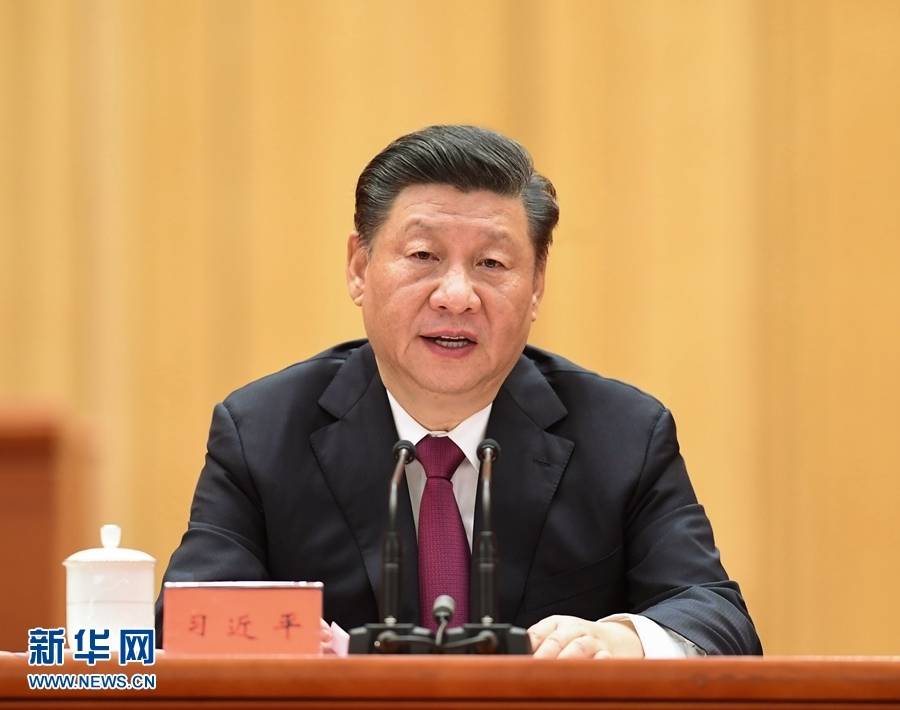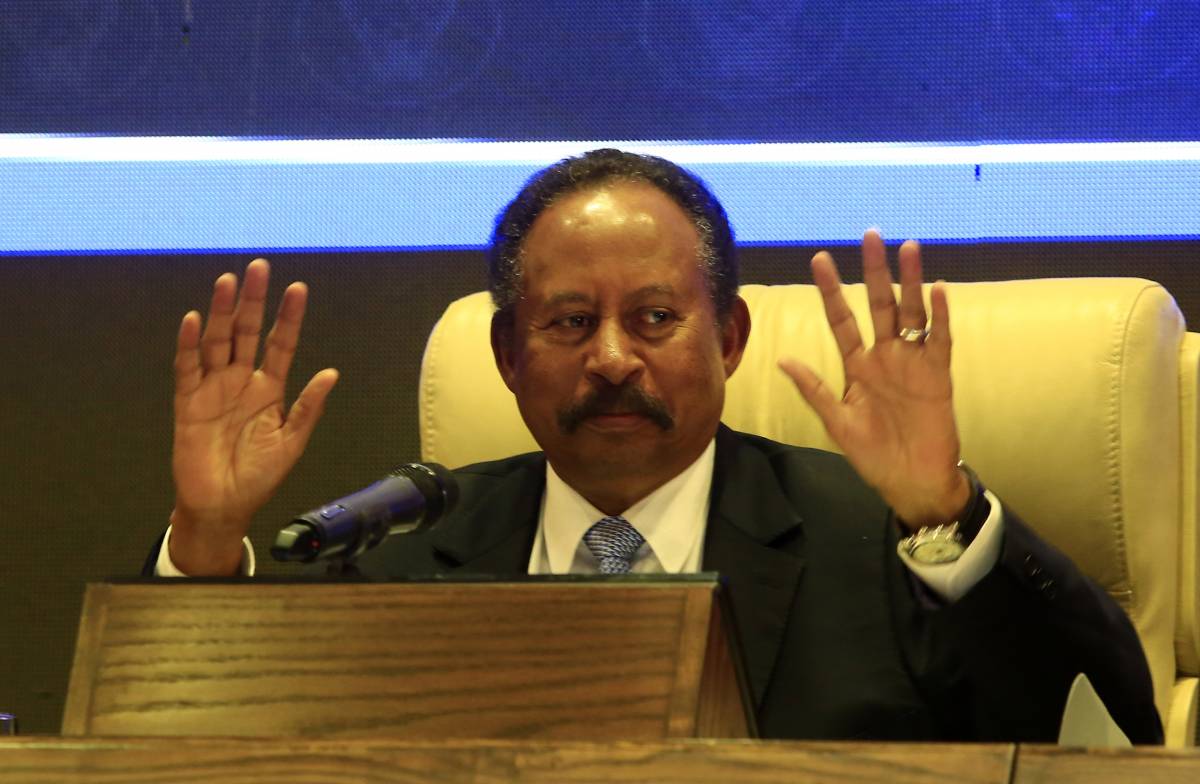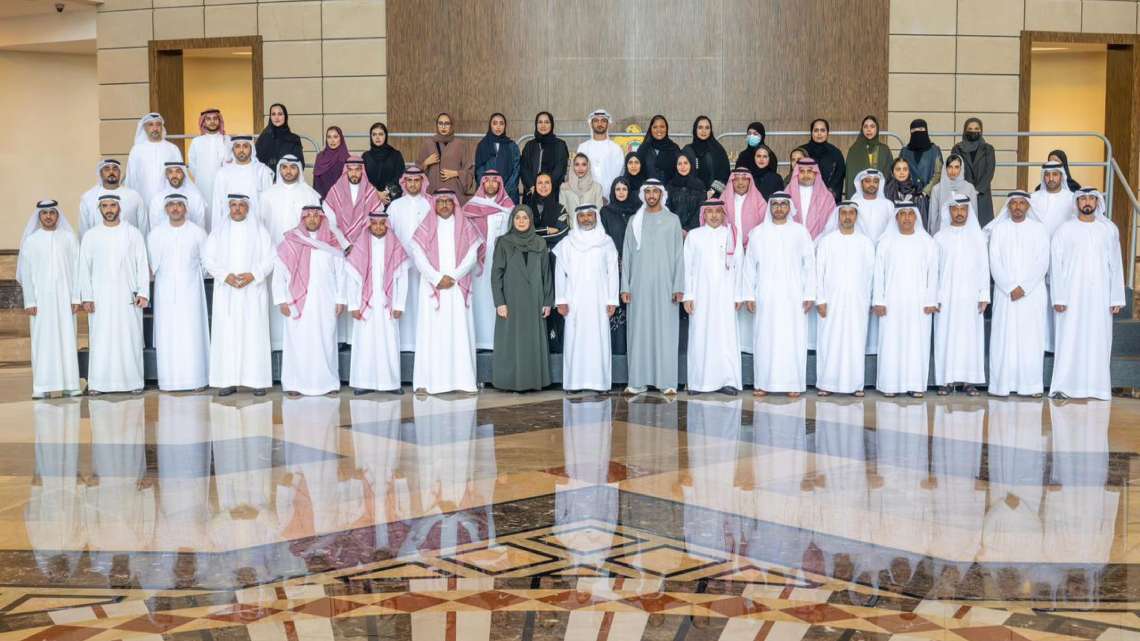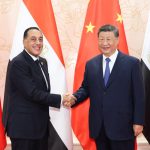Though many economists differ on the exact figure and debt estimates, the Chinese direct and indirect investment in Sudan is alleged to be nothing less than 29 billion dollars….reports Asian Lite News
China has provided numerous interest-free loans and grants to the Sudanese government for diverse projects, but the country has now begun to sense the exploitation being meted out to them by the Chinese.
Mario de Gasperi, writing in the Center of Political and Foreign Affairs (CPFA) said that media reports indicate that Sudan, the strategically located oil-rich African nation is facing one of its worst economic crises.
The country is apparently under a debt burden worth about 20 billion dollars to China. Though many economists differ on the exact figure and debt estimates, the Chinese direct and indirect investment in Sudan is alleged to be nothing less than 29 billion dollars.
Like many other African nations, unaware of the systemic form of the Chinese intrusion, Sudan too welcomed Chinese investments with open arms and allowed the Chinese state-owned China National Petroleum Corporation (CNPC) to make massive inroads in the much-valued petroleum sector.
But now, Sudan’s Prime Minister called out the dubious role of Chinese entities in the oil sector by seeking a review of all agreements signed with China in the past.

In another significant development, much to the chagrin of the Chinese, Sudan also chose the AstraZeneca vaccine while neglecting the Chinese offer for vaccines to handle the Covid19 pandemic which is alleged to have emerged from the Chinese heartland.
China has been investing heavily in Sudan in diverse projects including the construction of oil pipelines, bridges in Hantoop, Singa, on the Nile River along with building textile mills, railway lines and a free trade zone in the Red Sea state.
CNPC even obtained significant concessions through the Sudanese oil ministry to access and utilize untapped oil reserves with almost no competition.
Taking a cue from CNPC, other Chinese companies too have heavily invested in the oil reserves of Sudan and are brazenly looting the country’s natural resources, said Gasperi.
Singularly, Sudan’s debt to CNPC with regard to exploration of oil at Block No. 6 of Muglad Basin of West Kordofan state is itself over USD 2.5 billion. One can only speculate the extent of Sudan’s debts when all the Oil blocks are taken into account.

In fact, so sordid are the state of affairs that CNPC, at present, holds 95 per cent rights in basin exploration while Sudapet, a Sudanese commercial entity has a mere 5 per cent, reported CPFA.
Not just in Oil, across multiple domains in over 200 projects in the field of agriculture, services and manufacturing including areas like farming, abattoirs, trade, mining, health, water supply etc more than 130 Chinese companies are directly involved in Sudan. Even construction and upgrading of numerous power projects is being done using Chinese money.
It is true that China has been consistent in the provision of loans and grants to African countries. However, these loans are driven by self-interests to usurp the properties they generate rather than aiding the welfare of the African nations.
This is also the reason why China provides loans through front companies and not through transparent mechanisms such as the G-20 Debt Service Suspension Initiative (DSSI) meant to grant waivers for repayment of interest-free loans to help ailing African economies, said Gasperi.

In recent times, with the international community recognizing and calling out Chinese tactics of dominance in Africa, China is reportedly increasingly investing through private players who impose prior stringent agreements with the debtor parties rather than engaging with government entities on vague terms.
China has also been exercising
its influence on the Sudanese media with Chinese Ambassadors regularly interacting with media houses and contributing numerous articles praising China’s role in ‘developing’ the country’s economy.
This campaign is further accentuated by a regular feature of the Ambassador in the English newspaper ‘Sudan Voice’. It seems the Sudan News Agency (SNA) has an implicit understanding of the Chinese to spread the Chinese school of thought in Sudan. The SNA has also enhanced its exchange programmes with regular visits of Sudanese journalists to China, reported CPFA.
Of late, however, the tide has turned and many African nations including Sudan have begun to sense the exploitation being meted out to them by the Chinese. (ANI)













